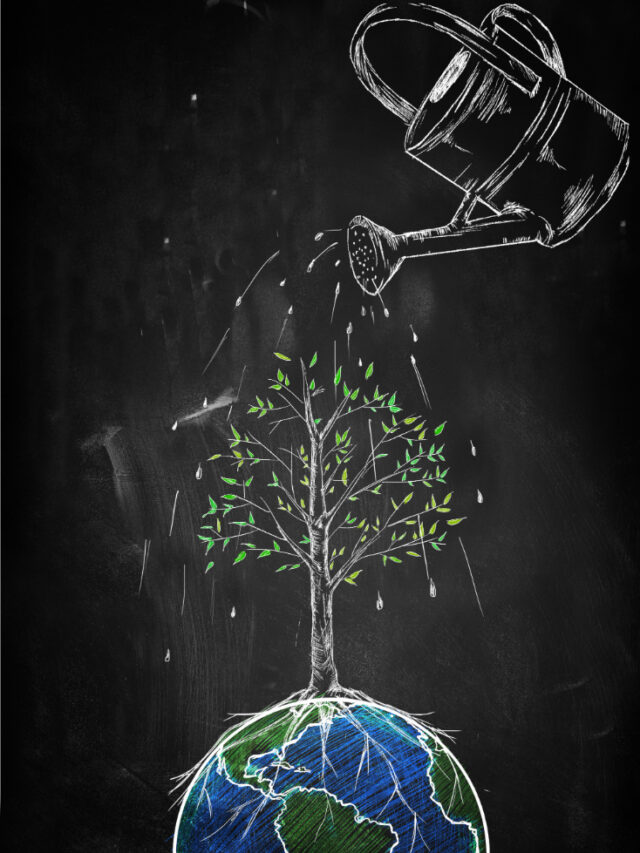Highlights
- Consequences of procrastination.
- Some tips to overcome it.
- Minimizing procrastination and maximizing our potential!
We’ve all experienced it – the temptation to put off tasks, delay deadlines, and fall into the trap of procrastination. It’s a common habit that many of us struggle with, but have you ever stopped to consider the negative impact it can have? Let’s dive deeper into its consequences.
Procrastination is often seen as a negative habit because it can lead to several undesirable consequences. One of the biggest downsides is that it can negatively impact productivity. When we delay tasks, we often end up rushing to complete them at the last minute, which can result in subpar work quality and increased stress. This behaviour can also lead to missed opportunities, as we may not have enough time to take advantage of important changes or meet important deadlines.
Procrastination and mental well-being
Another downside of procrastination is its effect on our mental well-being. When we constantly postpone tasks, we can feel guilty, stressed, and anxious about the unfinished work, which can take a toll on our mental health. It can also contribute to a cycle of self-doubt and lower self-esteem. As we may feel disappointed in ourselves for not being able to accomplish what we set out to do.
Moreover, this can have a ripple effect on other areas of our lives. It can lead to a backlog of tasks, increased workload, and a sense of being overwhelmed. It can also strain relationships with colleagues, friends, or family members if our procrastination impacts joint projects or commitments.
However, it’s important to note that not all procrastination is necessarily harmful. Sometimes, taking a break or delaying a task can give us a fresh perspective and help us recharge. It can also provide temporary relief from stress or allow us to prioritize other important responsibilities. In some cases, procrastination may even lead to improved creativity or problem-solving skills, as we may come up with new ideas or solutions during our “procrastination breaks.”
That being said, it’s crucial to be mindful of the potential negative consequences of chronic or excessive procrastination. If procrastination is becoming a persistent issue that affects your productivity, well-being, or relationships, it’s important to take steps to overcome it.
Tips
- Break tasks into smaller, manageable steps: Breaking tasks into smaller, actionable steps can make them feel less overwhelming and more achievable, reducing the tendency to procrastinate.
- Set specific deadlines: Set realistic deadlines for your tasks and hold yourself accountable to them. This can create a sense of urgency and motivation to complete the work on time.
- Minimize distractions: Identify and eliminate distractions that may be tempting you to procrastinate, such as turning off notifications, finding a quiet workspace, or using productivity tools.
- Find motivation: Understand the underlying reasons why you are procrastinating and find ways to motivate yourself. This could be by setting rewards, visualizing the end result, or seeking support from others.
- Practice self-compassion: Avoid beating yourself up for past procrastination episodes. Instead, practice self-compassion and focus on taking positive steps moving forward.
- Seek help if needed: If you find that procrastination is persistent and impacting your daily life, consider seeking support from a therapist, coach, or mentor who can help you develop effective strategies to overcome it.
In conclusion, while procrastination is a common habit, it can have negative consequences on productivity, well-being, and relationships. However, with awareness, self-motivation, and effective strategies, it is possible to overcome procrastination and lead a more productive and fulfilling life. So, let’s take a step towards minimizing procrastination and maximizing our potential!







